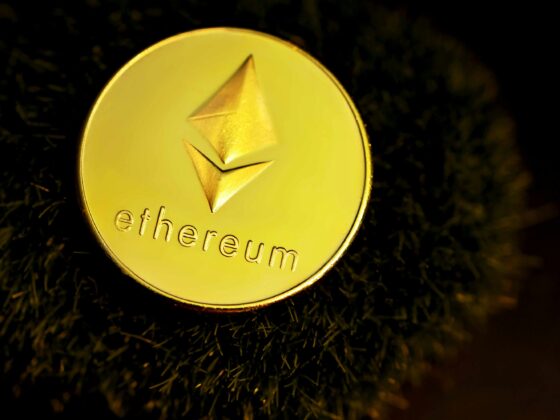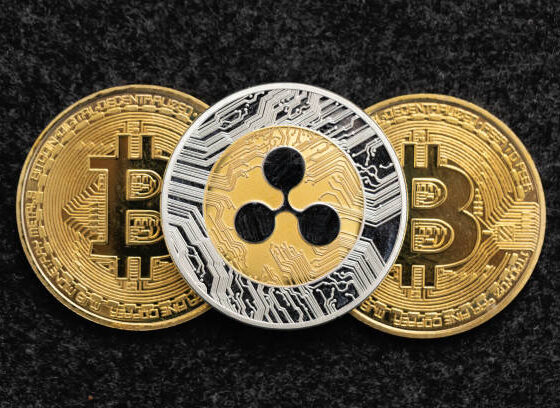Robinhood’s plan to tokenize stocks on its new Ethereum-compatible blockchain could shift trading volume away from traditional exchanges like the NYSE, undermining their core revenues from trading fees and market data, according to Galaxy Digital.
At the EthCC conference this week, Robinhood CEO Vlad Tenev detailed plans for “Robinhood Chain,” an Ethereum-compatible layer-2 on Arbitrum Orbit. The blockchain will let users trade tokenized derivatives of stocks directly onchain, moving asset trading outside traditional exchange hours.
Tenev explained that a new token engine operating on the Robinhood Chain will provide users with tokenized derivatives of their assets, enabling them to self-custody these tokens or interact with a decentralized application.
By minting token “wrappers” linked to real stocks custodied by a US broker-dealer, Robinhood will offer users near-instant settlement and 24/5 trading at first, with 24/7 trading planned. The initiative leverages Robinhood’s recent acquisition of crypto exchange Bitstamp.
Related: SEC ends ‘regulation through enforcement,’ calls tokenization ‘innovation’
Robinhood tokenization brings assets onchain
In a Friday report, Galaxy Digital said that Robinhood’s tokenization move removes assets from traditional market channels and brings them onchain, directly challenging the concentrated liquidity and activity that give major TradFi exchanges like the NYSE their edge.
“This directly challenges the deep concentration of liquidity and activity that gives major TradFi exchanges (e.g., NYSE) their competitive advantage,” Galaxy Digital wrote.
The platform’s architecture mirrors rollup models like Coinbase’s Base, giving Robinhood complete control of its sequencer and the ability to capture all transaction fees. Galaxy estimates Base generates over $150,000 in daily sequencer fees for Coinbase.
By operating the sequencer for Robinhood Chain while controlling tokenized assets, Robinhood aims to monetize every layer of the trading stack — from “offchain trading to onchain utility,” the report said.
Notably, the appeal of tokenized assets extends beyond 24/7 trading. Programmability could allow uses like using tokenized stocks as collateral in DeFi protocols or automating dividends, features that traditional equities can’t match.
As Galaxy noted, if incumbent exchanges can’t match the utility of tokenized assets, they risk becoming “custodians of a less functional version of the same assets,” pushing more traders to blockchain-based platforms.
Related: ‘Everything is lining up’ — Tokenization is having its breakout moment
Volatility risks remain
However, the 24-hour trading model could introduce volatility risks for retail investors, who may wake up to sharp price moves outside regular hours.
Furthermore, regulatory uncertainty remains a challenge. While Robinhood’s tokens are only available to EU users, the US Securities and Exchange Commission (SEC) has not commented publicly on the model.
The Securities Industry and Financial Markets Association (SIFMA) has already urged the SEC to reject trading of tokenized equities outside the Regulation NMS framework.
Magazine: Fake JD stablecoins, scammers impersonate Solana devs: Asia Express












